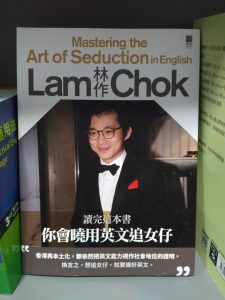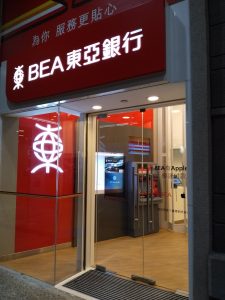How does language help to form one’s self-identity? Is language an important marker of cultural identity? If a Caucasian man has the residence permit in HK and knows HK inside out, including speaking Cantonese, and he identifies himself as a Hong Konger, will the local people see him as a Hong Konger 香港人? How about a Chinese girl who was born and raised in Hong Kong, went to International School and speaks only English at home with her parents and grandparents and does not have any functional proficiency in Cantonese? What racial bias do we have when we judge someone to be an American, a Chinese, or a Hong Konger?
Are white people being discriminated against with their limited access to the Cantonese-speaking schools in HK? Should white people be regarded as an “ethnic minority” in HK?
There are no easy answers to these questions. The class seems to have reached a consensus that English remains the dominant power language in HK while Mandarin is catching up to be placed in the second position, which used to be occupied by Cantonese. A mentality (language attitude) that is brandished in an unapologetic way on the cover of this book which I found on the shelf of a Sanlian Bookstore near HKU yesterday–(The bottom line reads: “No matter how localized it has become, Hong Kong remains to use English skills as evidence of one’s social status. In other words, if you want to get a girl, you will need to learn English well.”

On a different note, here is more information about living on the campus of Lingnan:
Lesson learned not too late on the money front: The easiest and most economical way to get the local currency is to use one’s ATM card from a U.S. bank. There is a BEA (Bank of East Asia) branch right next to the main gate of Lingnan. The ATM machine here is open 24 hours and the area is well-lit. The campus security guard post is close by, making one feel even safer (Hong Kong is actually a very safe city). The interbank exchange rate through the ATM machine easily beats the exchange rate you would find at the airport or the Nathan Road currency exchange stores. And you can withdraw as much (maximum HK $6000 per day) or as little as you wish. How convenient!

By the way, in stores or restaurants where they accept American credit cards (many do, e.g. the Chinese Restaurant at Lingnan), the interbank rate is also applied. If your credit card does not charge any foreign transaction fees, then that is a convenient and economical way of minimizing the use of cash.
